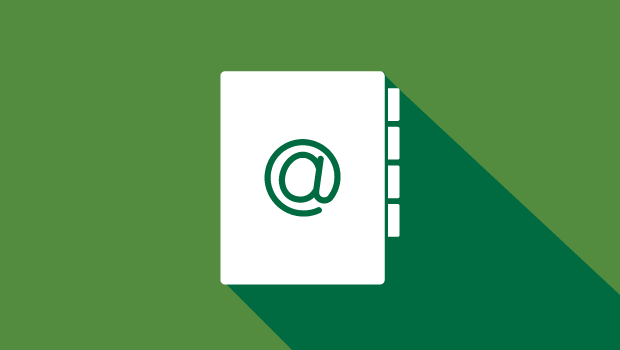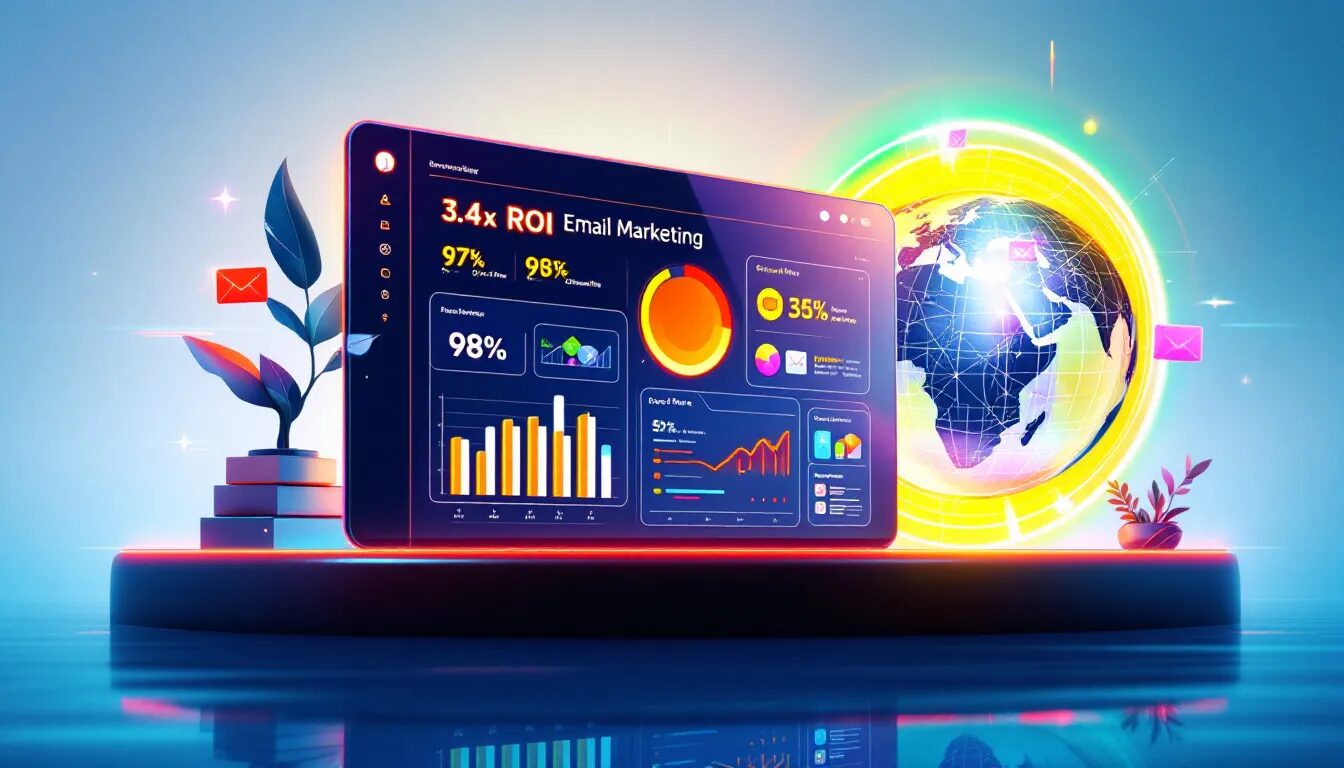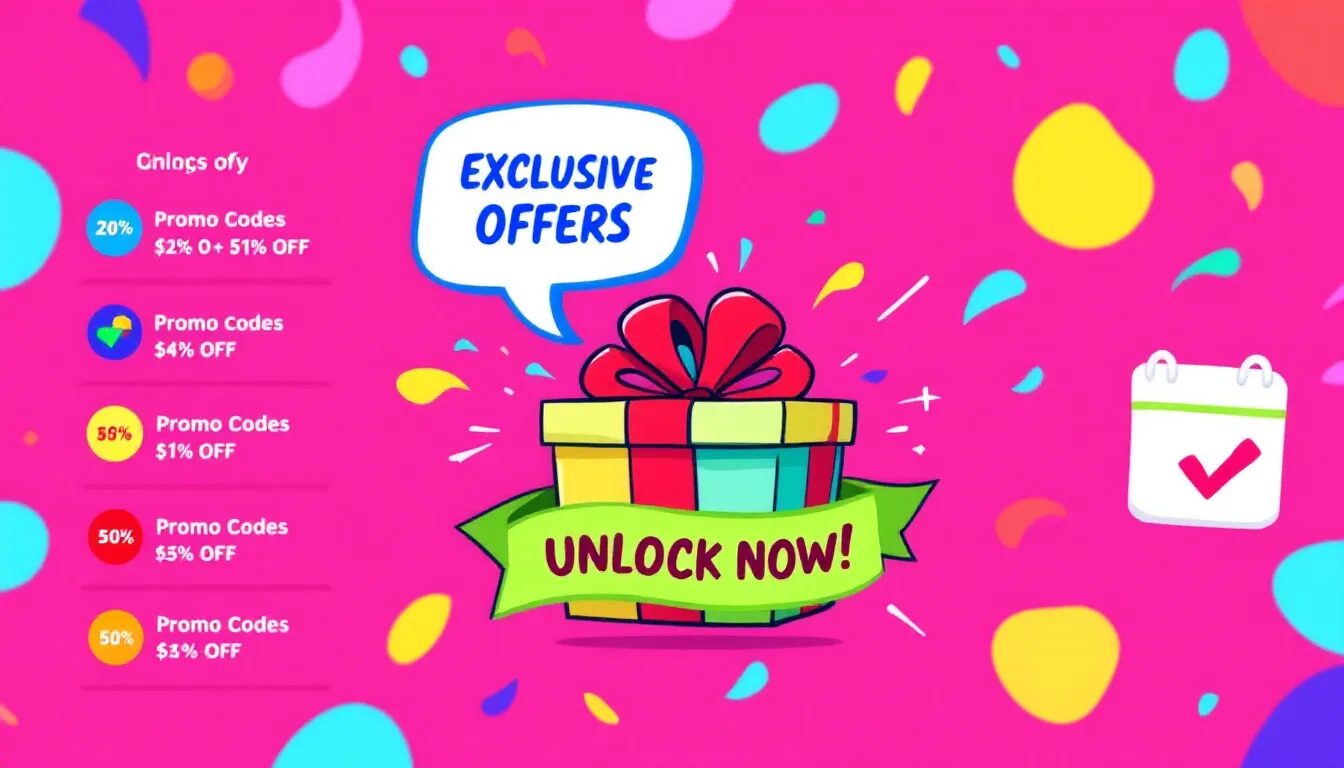
List with a Twist: 50 Creative Tips for Gathering Customer Emails
If you don’t have a strong email list for your customer base, you’re missing out on a great marketing tool that’s both reliable and free.
Compiled correctly, your list should represent a significant captive audience that’s already interested in your offerings.
“It gives you the opportunity to contact your prospects at any point in the future with any kind of messaging you want — and you’re not bound by search engine rankings or social media algorithms,” notes Jayson DeMers in Forbes.
Building up your list can seem difficult and time-consuming, but it’s worthwhile to include only those who have chosen to engage. Buying lists from another vendor is a bad idea, since emailing anonymous contacts can come across as invasive and often results in complaints, bounced addresses and unsubscribes. Your list will be most effective if you gain trust by not sharing subscribers’ info with other firms and creating emails with useful or exclusive information and valuable offers — not just sales pitches.
“Your content needs to be amazing if you want people to stay subscribed and forward your emails to their friends, family and colleagues (not) already on your email list,” notes Andy Pitre on HubSpot.
Consider the following list of email list-generating ideas.
1) Add an email signup offer to the back of your business cards.
2) Include opt-in forms as well as forwarding options on every page of your website, blog and social media networks. Don’t forget “about you” sections.
3) Include a link to your sign-up form in every personal email signature.
4) Add your sign-up form link to all your printed receipts. Better yet, consider offering emailed receipts (vendors include Transaction Tree and yReceipts).
5) Bring a sign-up book to tradeshows, Chamber of Commerce events and “lunch and learn” type gatherings in your local business community.
6) Offer a birthday or anniversary club with a premium for those who sign up.
7) Pay employees commission for valid addresses from willing subscribers.
8) Gather addresses via a discount offer with Groupon or similar daily deal site.
9) Solicit addresses when your business appears at fundraisers, festivals and artisan markets.
10) Ask customers for new subscribers’ names in exchange for a discount.
11) Retrieve bounced-back emails, sending postcards asking contacts to sign up again.
12) Place your opt-in link in another business’ newsletter, doing the same for them.
13) Optimize your website for your keywords, striving for the top of the organic search results for those seeking your products (see Google Adwords).
14) Use your list of snail-mail addresses to request email opt-ins.
15) Stage pop-up requests for those leaving your website or blog.
16) Include forward-to-a-friend links in all emails to make them easier to share.
17) Archive newsletters on your website so subscribers know what they’ll get.
18) Consider a platform like BuddyPress for WordPress (and add opt-ins), creating a community that fosters interaction among customers.
19) Ask every caller to your business if you can add them to your list.
20) Invite customers to enter business cards into a counter fishbowl for a weekly prize drawing, logging their addresses and announcing winners in your email newsletter.
21) At trade shows, collect business cards and (with permission) scan them for addresses.
22) At retail locations, set out a sandwich board asking for emails.
23) Ask for emails on the credit card receipts signed by customers.
24) Stage a contest asking customers to produce one-minute videos about why they like your product. Others can vote for the winner on your social media pages, accessing opt-in invitations.
25) Use your smartphone to add addresses on the go.
26) Place opt-in invitations in product shipments.
27) Add similar invitations to customers’ shopping bags.
28) Nonprofits: Include an email-address line on donation envelopes/forms.
29) Retailers: Ask customers for addresses during in-store promotional events.
30) Solicit personal friends and business colleagues as subscribers.
31) Send requests to other Chamber of Commerce members.
32) Offer a free e-book or informational guide for signing up.
33) When speaking at an event, offer listeners a free consultation with newsletter subscription.
34) Conducting a survey? Include email sign-up info.
35) Include an opt-in form on invoices.
36) Place an opt-in on your WordPress site or blog.
37) Give discounts when a customer buys from you and then mentions it on Foursquare via their mobile device. Get the address for the “mayor” and give them a big discount each month.
38) Offer insightful comments on blogs or forums your prospects or customers would visit, adding links to your opt-in form.
39) Make sure your website’s sign-up landing page is appealing, easy to use and outlines the value of signing up. Note that requesting too much information too soon discourages sign ups.
40) Create a video about your business, adding a URL to your opt-in form and posting it on YouTube. You can also add note boxes and speech bubbles using YouTube’s “Annotations” function, and/or link your video to another video, playlist, YouTube channel, or Google+ profile involving your business.
41) Make sure even transactional emails (i.e. order information or shipping updates) include a link to your email sign-up.
42) Survey current email subscribers about likes and dislikes, using the data to create more effective email content and up-front value propositions.
43) Online tool Rafflecopter runs Facebook giveaways that automatically glean email addresses from participants, starting at $13/month.
44) Online tool Justuno automatically provides customers a coupon code for your products or services if they provide their email; price is up to $40/month for small businesses.
45) Online tool Binkd gathers email addresses from participants who tweet a message about your brand, then you randomly select a prize winner. Price: Up to $2 per day.
46) Online tool Woobox sets up Facebook quizzes participants can share on their timelines, then you gather emails and draw prize winners. Small businesses spend about $49 to $99 each month.
47) On Pinterest, pin coupon codes, e-books, guides, video series, online training seminars, checklists and webinars, and include calls to action for your email list.
48) While it may seem counterintuitive, weed out the disinterested parties by sending contacts a new opt-in promising to remove their name if they don’t respond.
49) Publish links to your opt-in page on your LinkedIn company page and/or in relevant discussions on LinkedIn.
50) Co-host a project like an e-book or webinar with an appropriate business partner, then cross-market it with both businesses to solicit emails.
Finally, understand that maintaining a viable email list is bound to be more a marathon than a sprint.
“Your email marketing database degrades by about 22.5 percent every year,” notes Pitre. “Your contacts’ email addresses change as they move from one company to another, opt-out of your email communication, or abandon that old AOL address they only use to fill out forms on websites. As a marketer, it’s your job to make sure you’re constantly adding fresh contacts to your email marketing campaigns so you can keep your numbers moving up and to the right.”
To get inspiration and more tips on how to market your business, join the weekly VerticalResponse newsletter.
© 2015, Contributing Author. All rights reserved.



